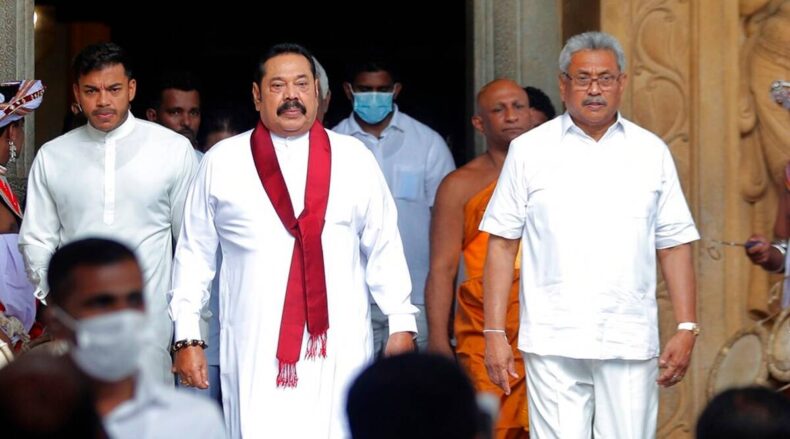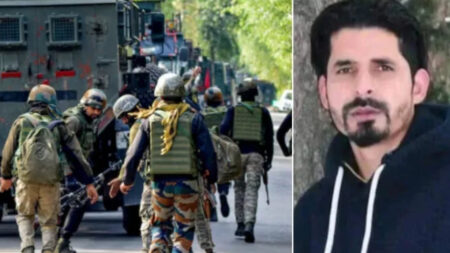SRI LANKA ECONOMIC CRISIS UPDATE:
Sri Lanka’s president Gotabaya Rajapaksa has agreed to replace his older brother as prime minister in a planned temporary government to end the country’s longest political standstill in decades, a major politician said Friday.
President Gotabaya Rajapaksa decided to establish a national council to pick a new prime minister and cabinet comprising of members of all political parties in Parliament, MP Maithripala Sirisena stated during their meeting.
Sirisena, who served as President before Rajapaksa, was a ruling party legislator before defecting with roughly 40 other MPs earlier this month.
Consumer prices increased 29.8 per cent year over year in April, according to the Department of Census and Statistics. This is faster than the 18.7% growth rate in March and the 25% median prediction in a Bloomberg survey.
The country’s foreign-currency reserves fell to $1.94 billion. The government has already delayed foreign debt payments and is requesting aid from India, China, and multilateral lenders to cover food and gasoline costs.
Sri Lanka’s decision to float the rupee after running out of dollars to defend the peg, along with growing global commodity prices, suggests that inflation may continue to rise.
Sri Lanka would likewise increase levies, Finance Minister Ali Sabry told the BBC, since the administration made a mistake by nearly halving the value-added tax rate to 8% in 2019.
Sri Lanka will require $4 billion in imports over the next eight months to meet basic necessities. The central bank, which has increased interest rates by 900 basis points from a pandemic-era low, will meet again on May 19 to discuss policy.
Sri Lanka is on the verge of insolvency and has declared a suspension of payments on its foreign debt. It must repay foreign loans of $7 billion this year and $25 billion by 2026.
The country’s foreign reserves are less than a billion dollars.
The South Asian government intends to sign a staff-level agreement with the International Monetary Fund within two months to access emergency money to help alleviate the country’s deteriorating economic woes.
The World Bank said earlier this week that it will provide the country with $600 million in financial support. Additionally, it is requesting bilateral assistance from neighbours China and India.
Due to the currency scarcity, imports have been severely restricted, causing people to queue for basics such as food, gasoline, cooking gas, and medicine.
For the better part of the previous two decades, Rajapaksa and his family, notably Prime Minister Mahinda Rajapaksa, have dominated practically every area of life in Sri Lanka. Since March, protesters have packed the streets, blaming them for the situation.
Published By : Chittajallu H S Kumar
Edited By: Kiran Maharana













